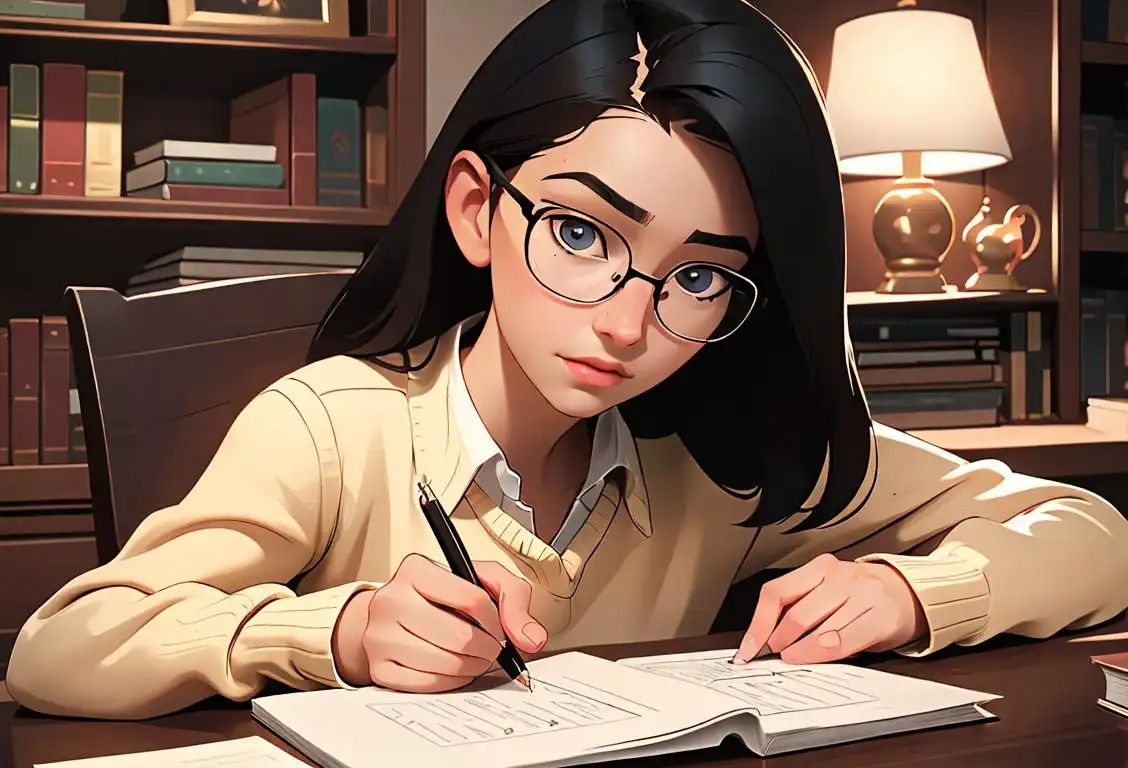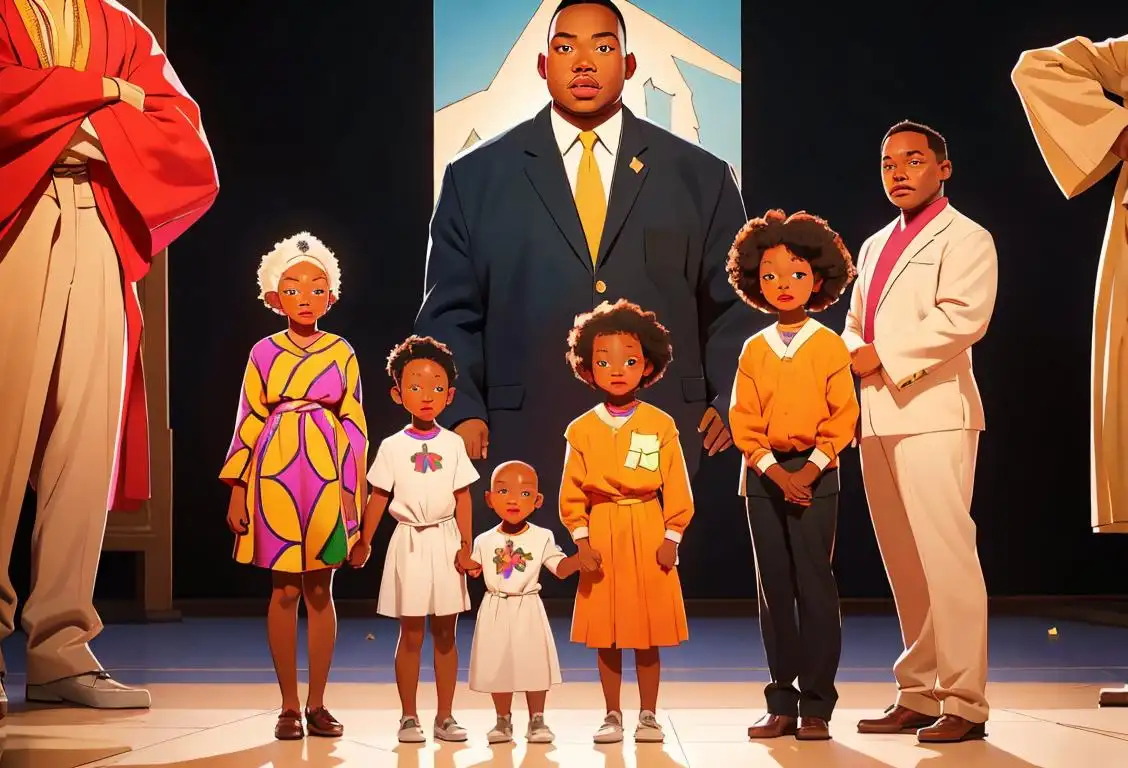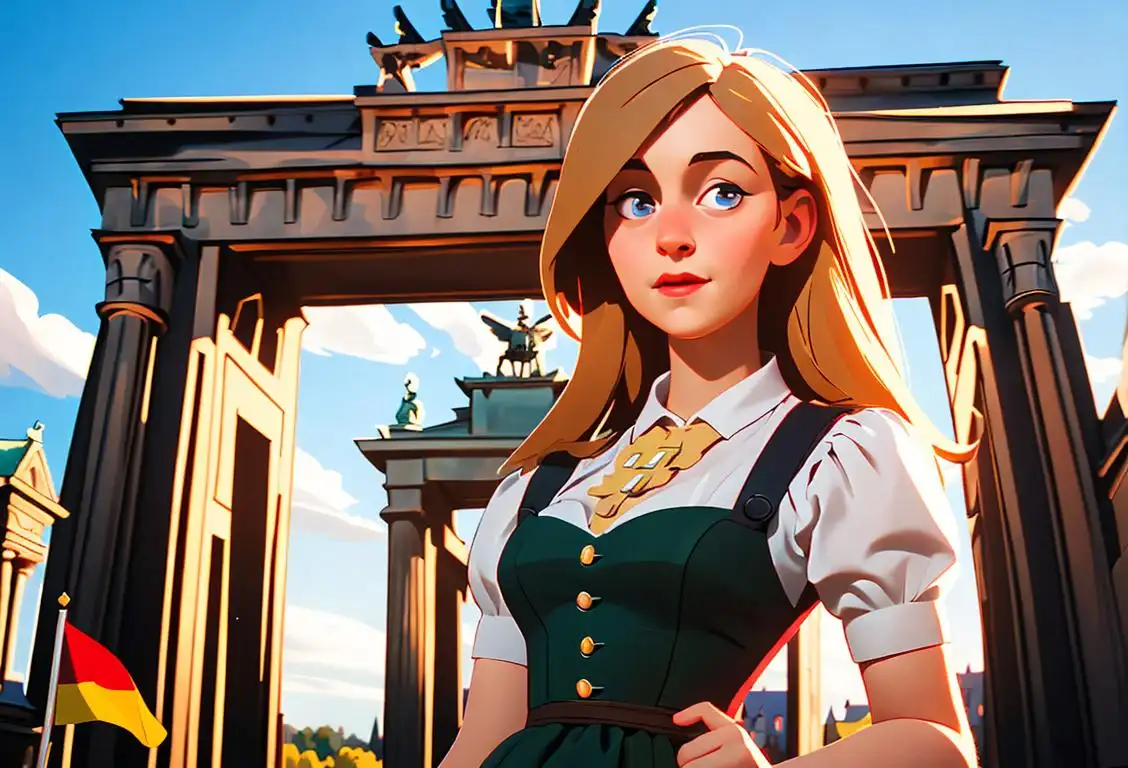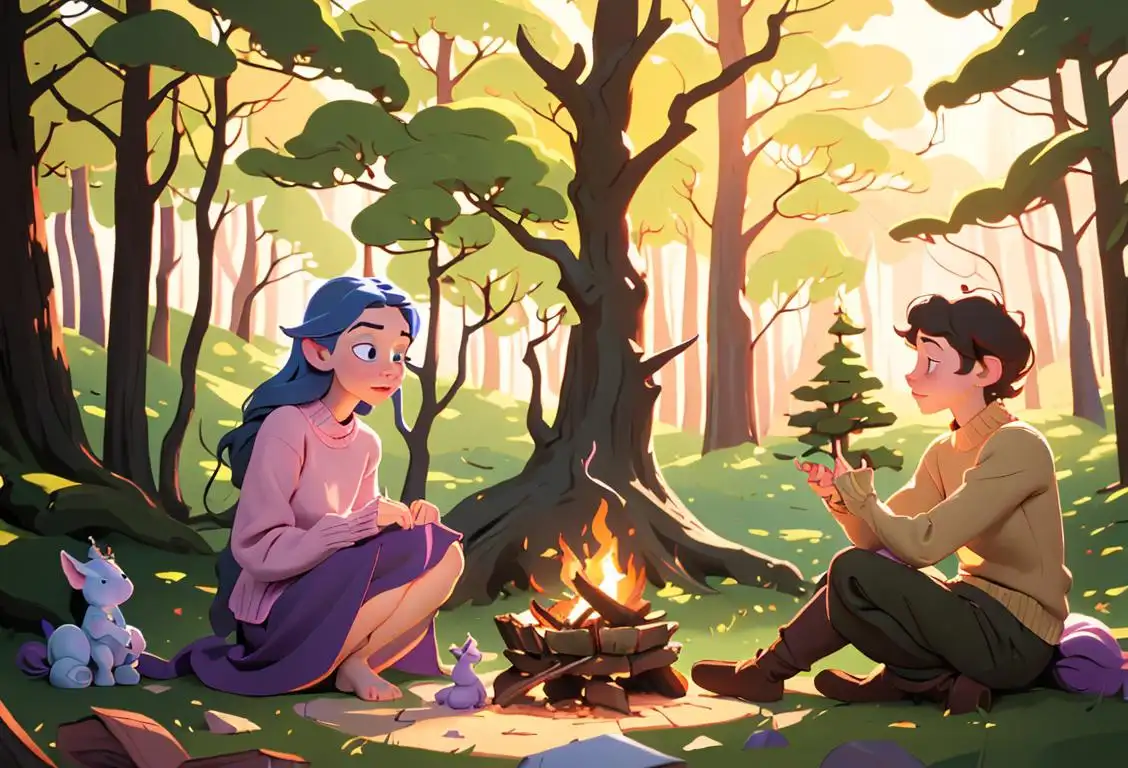National Poetry Day
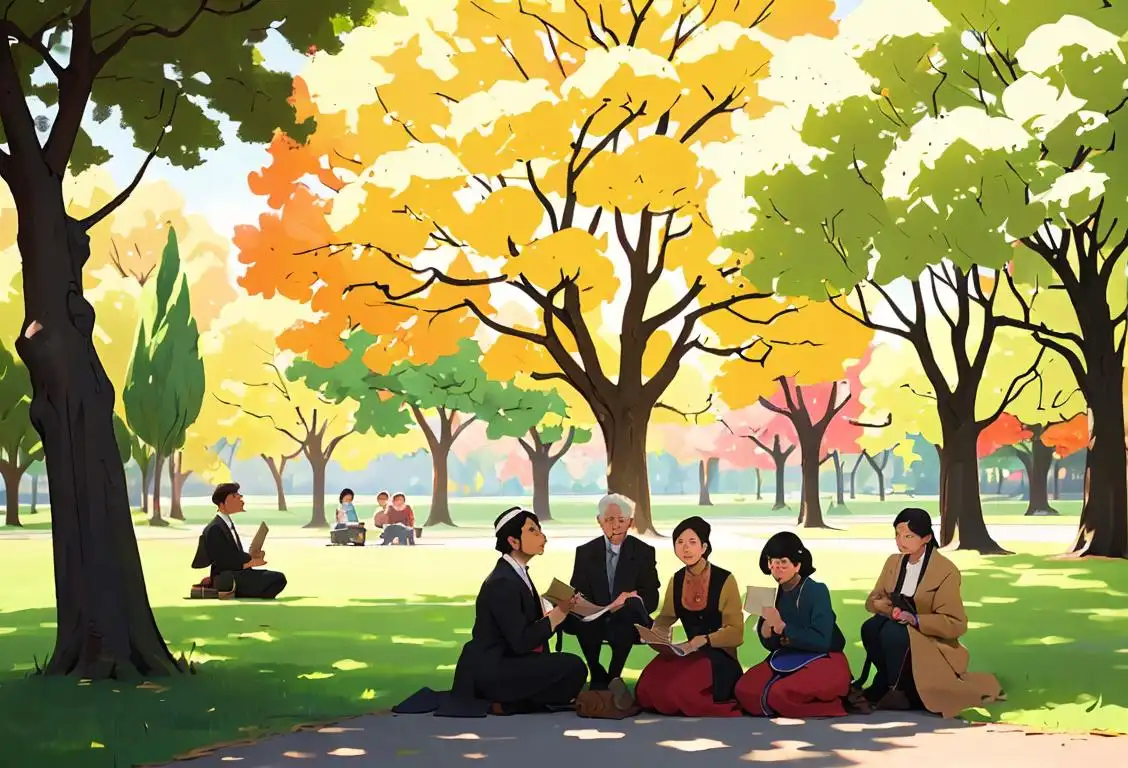
What do Shakespeare, Edgar Allan Poe and Dr. Seuss all have in common? They're probably all partying it up somewhere in literature heaven every 8th of October, National Poetry Day! With a whopping 77295 mentions online, it’s clear this day has been catching the attention of everyone from budding bards to seasoned sonneteers.
When is Poetry Day?
It's national poetry day on the 8th October.
The History of National Poetry Day
Once upon a time, in 1994 to be exact, a group of bibliophiles in the UK decided to celebrate the beauty of verse and rhymes. Thus, National Poetry Day was born. It was such a resounding success that it quickly crossed oceans and borders, soon becoming an international phenomenon. Marking its highest splash in the virtual world, the day received an impressive 77295 mentions online on October 8th, 2015. Proving that, clearly, poetry isn't as 'so last century' as some would have you believe.
Celebrating National Poetry Day
From school children scribbling haikus in classrooms to celebrities sharing their favorite verses on Instagram, the day sees a wide variety of poetic celebrations. Bookstores hold readings, libraries offer workshops, and public transport services even get in on the action with poems appearing in surprising places.
Why We Need National Poetry Day
Poetry has a unique way of expressing emotions, ideas, and experiences that ordinary prose just doesn't quite capture. It’s an art that helps us process our feelings and the world around us. It elicits reflection, fosters empathy and can even be quite fun - particularly when there's a limerick involved. Thus, National Poetry Day serves as a reminder to celebrate the enduring power of the written verse and infuse our everyday lives with a dash more lyricism and metrical innovation.
History behind the term 'Poetry'
2000 BCE
Earliest Known Poetry: The Epic of Gilgamesh
The history of poetry can be traced back to around 2000 BCE when the oldest surviving epic poem, 'The Epic of Gilgamesh,' was written in ancient Mesopotamia. This epic, written in cuneiform script on clay tablets, tells the story of a legendary Sumerian king named Gilgamesh. It explores themes of heroism, friendship, and the search for immortality. The Epic of Gilgamesh serves as a testament to the enduring power of poetry in conveying complex emotions and storytelling.
8th Century BCE
The Homeric Epics: Iliad and Odyssey
In the 8th century BCE, the ancient Greek poet Homer composed two epic poems that would become the cornerstone of Western literature - the 'Iliad' and the 'Odyssey.' These poems, attributed to Homer, narrate the Trojan War and the adventures of Odysseus respectively. Through vivid imagery, rich storytelling, and rhythmic language, Homer's epics not only entertained but also conveyed the values and traditions of ancient Greek society. They have served as a major influence on subsequent poetic traditions.
8th Century CE
Birth of the Classical Japanese Poetry: Haiku and Tanka
In the 8th century CE, Japan witnessed the emergence of its own unique poetic forms, notably Haiku and Tanka. Haiku is a minimalist form of poetry consisting of three lines and a total of seventeen syllables, evoking vivid imagery of the natural world and capturing a sense of fleeting beauty. Tanka, on the other hand, is a longer form consisting of five lines with a syllabic structure of 5-7-5-7-7. These poetry styles have played a crucial role in Japanese literature, capturing the emotions and essence of various seasons and moments.
14th Century CE
Dante's Divine Comedy: A Masterpiece in Italian
During the 14th century CE, Italian poet Dante Alighieri wrote one of the most significant works in world literature, 'Divine Comedy.' This epic poem, written in vernacular Italian, follows the journey of Dante through Hell, Purgatory, and Heaven. It explores profound theological themes while vividly describing the cosmology of the medieval world. Dante's Divine Comedy stands as a pinnacle of poetic achievement and had a lasting impact on the development of Italian literature.
19th Century
Romanticism: Emotion and Individualism in Poetry
In the 19th century, the Romantic movement swept across Europe, ushering in a new era of poetry characterized by a focus on individualism, emotion, and the expression of sublime experiences. Poets such as William Wordsworth, Samuel Taylor Coleridge, and Lord Byron rejected the strict conventions of classical poetry and instead celebrated nature, imagination, and the intensity of personal feelings. Romantic poetry embodied the spirit of the time, encouraging readers to connect with nature and express their innermost emotions.
20th Century
Modernism and Avant-garde Poetry
The 20th century witnessed a shift towards experimental and avant-garde forms of poetry, challenging traditional notions of rhyme, meter, and subject matter. Poets like T.S. Eliot, Ezra Pound, and E.E. Cummings sought to break free from conventional techniques and embraced symbolism, fragmentation, and unconventional language. Modernist poetry reflected the era of rapid societal and cultural changes, providing a platform for innovative and often challenging expressions of thought and emotion.
Did you know?
Did you know that the theme of National Poetry Day changes every year? It's like the Oscars of the poetry world! Past themes have included light, freedom and truth.Tagged
fun culture education arts literatureFirst identified
21st March 2015Most mentioned on
8th October 2015Total mentions
77295Other days
Poetry Day
Grammar Grammar Day
African American Museum On Mlk Day
Drop Everything And Read Day
Teach German Day
Go To An Art Museum Day
Tell A Fairytale Day
History Day
Pencil Day
Neo Day
